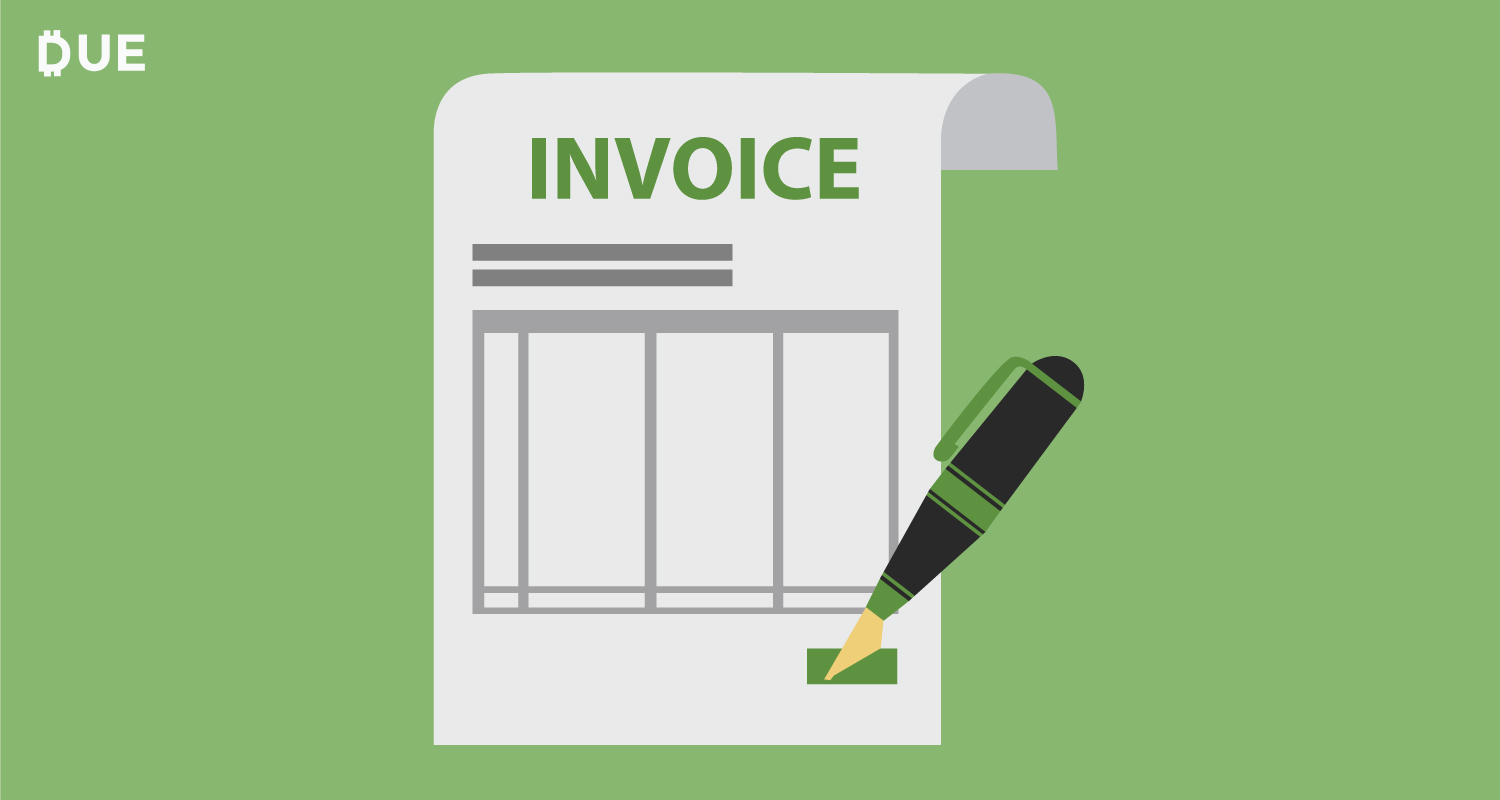Billing clients seems simple enough. You send out an invoice and get paid right? If only that was the case. Billing your clients can be quite a strenuous interaction. You want to uphold your reputation and provide top-notch customer service, but you also need to make sure payments are coming in and on time.
If you want help navigating the challenges that come with invoicing and getting paid, here are some best practices for billing clients.
Table of Contents
ToggleAutomate Your Billing
Even if you’re a sole proprietor you’re not doing yourself any favors if you still rely on checks and paper invoices. There are plenty of affordable solutions that will completely streamline your billing. These products help you create professional invoices, automate recurring charges, and allow your customers to pay using a variety of payment methods.
In addition you can track invoice activity in real-time so you can determine who has paid and who hasn’t. Some platforms allow you to track expenses as well. This makes it super easy to run reports that help you evaluate the current financial health of your company.
Set Clear Payment Terms Before New Client Engagement
Before you even begin engagement with new clients you should always set clear expectations for payment. It’s often a good strategy to create a standard agreement for client engagements. This agreement should include a basic outline of work provided, milestones, total estimated cost, and the payment cycle. The agreement will change client to client but you should always use the same template for each engagement.
In addition to work provided and estimates you should also list any late or cancellation penalties as well as early payment incentives. If all this information can’t be found on a single document it’ll leave room for confusion. Once your client has all this information and terms are clear you’ll be ready to begin work.
Always Keep an Open Dialogue
If you want to maintain a healthy working relationship with your clients, you need to keep an open dialogue. Even if you’re put in an uncomfortable position it’s always best to be transparent than try to resolve it on your own. For example, let’s say your initial estimate is off by a couple thousand dollars. Instead of just assuming your client will be fine you should always notify them before.
The majority of the time your client will be very understanding as long as the discrepancy can be justified. If they push-back then you can work something else out without having to invest more of your time into the project. It’s a win-win every time.
Always Prepare for Late Payers
Even if you’ve set clear payment terms, kept an open dialogue, and utilized an online invoicing solution you still may run into late payers. This is just a part of doing business. Since you’ve already set your penalties and terms what else is there to do?
First and foremost you should have a cycle set for your payment reminders. Some online payments solutions even let you send automated reminders to the payer. I suggest sending a friendly email three days after the due date and then another on the 5th day if there’s no response. If that still doesn’t work then you may need to give them a call or involve an attorney in the worst case.
In addition you can always break up longer projects into smaller payments so you can ensure you wont run into cash flow problems associated with late payments. These terms should all be laid out in that initial agreement you signed with the client. That way you’ll never be stretched too thin without cash coming in.
Final Thoughts
Billing is an area of business that should really follow strict guidelines. There’s no need to be fancy it just needs to get done. It’s okay to bend the rules a bit for certain clients but the more disciplined you can be the better. If you struggle with billing clients use the four best practices above and you’ll improve in no time.















